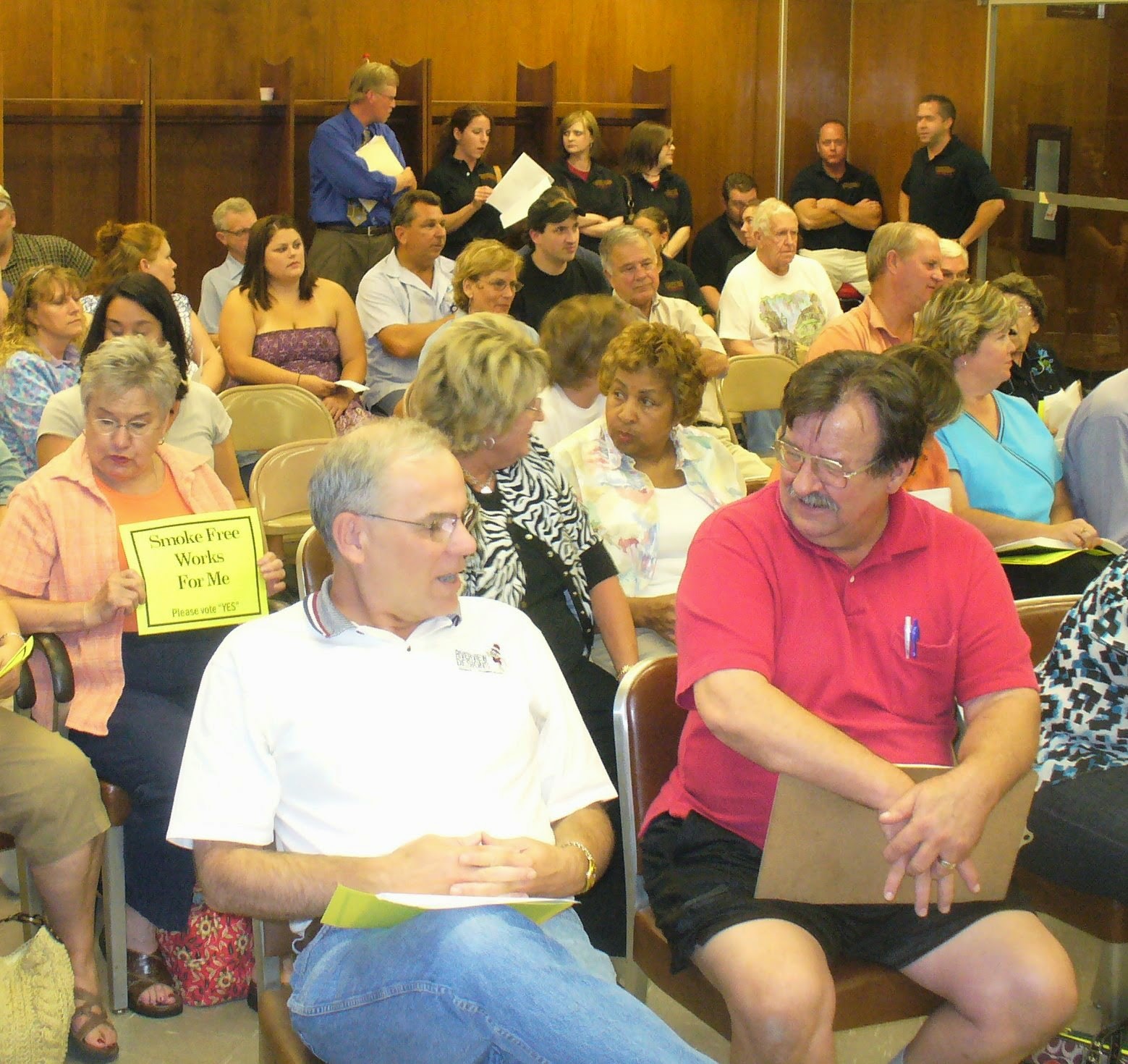
ON THE AVENUES: Fighting the power with ballots, not bullets.
A weekly column by Roger A. Baylor.
Next summer will be the 30th anniversary of my month’s stay in the German Democratic Republic, or as we still refer to the fading image in our cracked rear view mirrors, East Germany.
In 1989 I had the opportunity to spend more than three months in East Germany, Czechoslovakia, Poland, Hungary and the USSR. This period remains a defining experience in my life, something that continues to intrigue and haunt me all these years later.
Regular readers of the NA Confidential blog know this, seeing as I’ve told the story so many times before. In 1989, I was still traveling in Europe when suddenly the Berlin Wall came down. No one expected it, least of all the Ost Berliners who lined up at checkpoints on the fateful evening of November 9 with little more in mind than seeing what life was like on the other side.
Earlier the same day, border guards would have opened fire on them for trying to cross.
For them, for me, for virtually all of us, the Cold War’s spheres of influence seemed eternal at the time. We had no idea drastic change was just around the corner. There were minor fissures, hairline cracks and other warning signs, but no indication they wouldn’t be resolved within the overall context of the postwar victors’ division of power.
Here, there and everywhere, politics ultimately is about power — who has it, who doesn’t, who is in, who is out — and who ultimately decides. In East Germany, the Communist regime addressed the people like this: If you’re not with us, you’re against us.
However, it was different in Hungary, no less a Communist state than the GDR, and to be sure, capable of undemocratic threats and repression when necessary. Hungarian leader Janos Kadar artfully borrowed money from the capitalist countries in order to make consumer goods more readily available, thus altering the political power equation: If you’re not against us, you’re for us.
These days it is assumed that political power is about money and vice versa, but in fact it isn’t always about money, even for Mitch McConnell, and as numerous small-time, tinhorn dictators have proven. Not all those Communist-era kingpins were in it for the money, although the closer you got to the Balkans, the more likely there’d be noticeable self-enrichment. Like Kadar, some of them were personally austere.
I’ve always cited Romania’s Nicolae Ceausescu as the worst composite of all worlds. He was a true doctrinal believer in Marxism-Leninism who didn’t at all practice what he preached, amassing personal wealth amid widespread societal misery, and also imbued with an evangelistic mission to inflict his inner aesthetic (read: atrocities) on a captive population.
It was power, all right, and the oppressive ability to puff his own ego by commanding uniformity in thought and design from people who didn’t possess the means to resist — or so Ceausescu thought, until he learned the hard way.
You’ll recall the year 1989 concluding with Ceausescu in the company of his widely detested wife Elena, the two of them captured by revolutionaries, given only a cursory trial and then shot on the spot in the courtyard of a school.
It is reputed that those soldiers chosen to carry out the verdict refused the option of a conscience-salving random blank round, and were so eager they actually started shooting before the video was ready to record the executions.
Frustrated small-timers like Ceausescu who possess grand, unfulfilled ambitions invariably become the worst leaders of all, and to repeat, it isn’t always about the money. Rather, their purported political stewardship becomes a process for assuaging the pain of being picked last for kickball in elementary school.
They begin by seeking vengeance against their perceived betters, but like any addiction, soon too much evening-up isn’t enough, and it doesn’t take long before these big fish in small ponds are mashing members of their own peer group underfoot.
Granted, some of them die with their boots off, in bed. Sick and old, Kadar began seeing the ghosts of the people he’d ordered killed on his way to the top. All the goulash communism in Budapest couldn’t help him by then, and Shakespeare would have had a field day with Kadar’s dementia-laden inner terror.
In 1989, the DDR’s Erich Honecker already was suffering from cancer, perhaps the outcome of his nation’s institutionalized environmental catastrophe. Honecker fled the collapsing police state of his own creation and washed up in Chile, where the terminal disease killed him with the same remorseless efficiency as policeman manning his wall’s many towers targeted potential escapees.
And so I say death to chains … and to tyrants, every last one of them.
—
Maybe I’m digressing, maybe not, so let me try to arrive at a point. While a particular monopoly on political power may seem to be permanent and irreversible, history is filled with evidence to the contrary, and in 1989, as explained here, I witnessed it myself.
The Berlin Wall would stand forever, right up to the point when emboldened ordinary people began chipping at the asbestos-laced monstrosity with screwdrivers, shovels, tire irons and their bare hands. In less than a year, Germany was reunified. The East Bloc disappeared almost overnight, and a few years later, so did the USSR.
The elites, juntas and cliques may seem to have all the power, all the money, all the propaganda, and all the guns – metaphorical or otherwise.
But they never, ever have a monopoly on truth, honesty or simple human decency.
Paranoia’s a big destroyer. So is hubris. Even worse is the reality once addressed by John Lennon: “One thing you can’t hide, is when you’re crippled inside.”
It can be hidden for a while, though not forever. Back in 2008, there was a huge red maple on the west side of our house. It seemed healthy enough, then one night we heard a crash. A branch had fallen, barely missing our car parked in the driveway. Shining a flashlight up the trunk, we could see the tree was hollow and termite infested.
There was little choice except to have the red maple taken down, which was done just a few days before the damaging straight-line winds from the hurricane occurring to the southwest, in the Gulf of Mexico, which probably would have knocked the hollow tree on our house.
I really hated losing that tree. But we needed to be rid of it before further damage occurred. Trees are to be loved, but has anyone of sound mind ever fretted over losing a despot?
This guy got it right.
Prudence, indeed, will dictate that Governments long established should not be changed for light and transient causes; and accordingly all experience hath shewn that mankind are more disposed to suffer, while evils are sufferable than to right themselves by abolishing the forms to which they are accustomed. But when a long train of abuses and usurpations, pursuing invariably the same Object evinces a design to reduce them under absolute Despotism, it is their right, it is their duty, to throw off such Government, and to provide new Guards for their future security.
This passage wasn’t written by Vaclav Havel, Lech Walesa or even the fellow clad in denim carving away at the Berlin Wall with his souvenir Bulgarian pen knife.
Rather, it was Thomas Jefferson.
—
Recent columns:
September 11: ON THE AVENUES: After 49 years, two more reasons to be an Oakland A’s fan.
September 9: ON THE AVENUES: May, Kennedy, wigs and prayers, but where’s the delightful infidel gardening column?
August 30: ON THE AVENUES: From Baltic to Mediterranean, the diary of an unrepentant New Albanian Europhile.
August 23: ON THE AVENUES: The “downfall” occurs when we all fall down.











